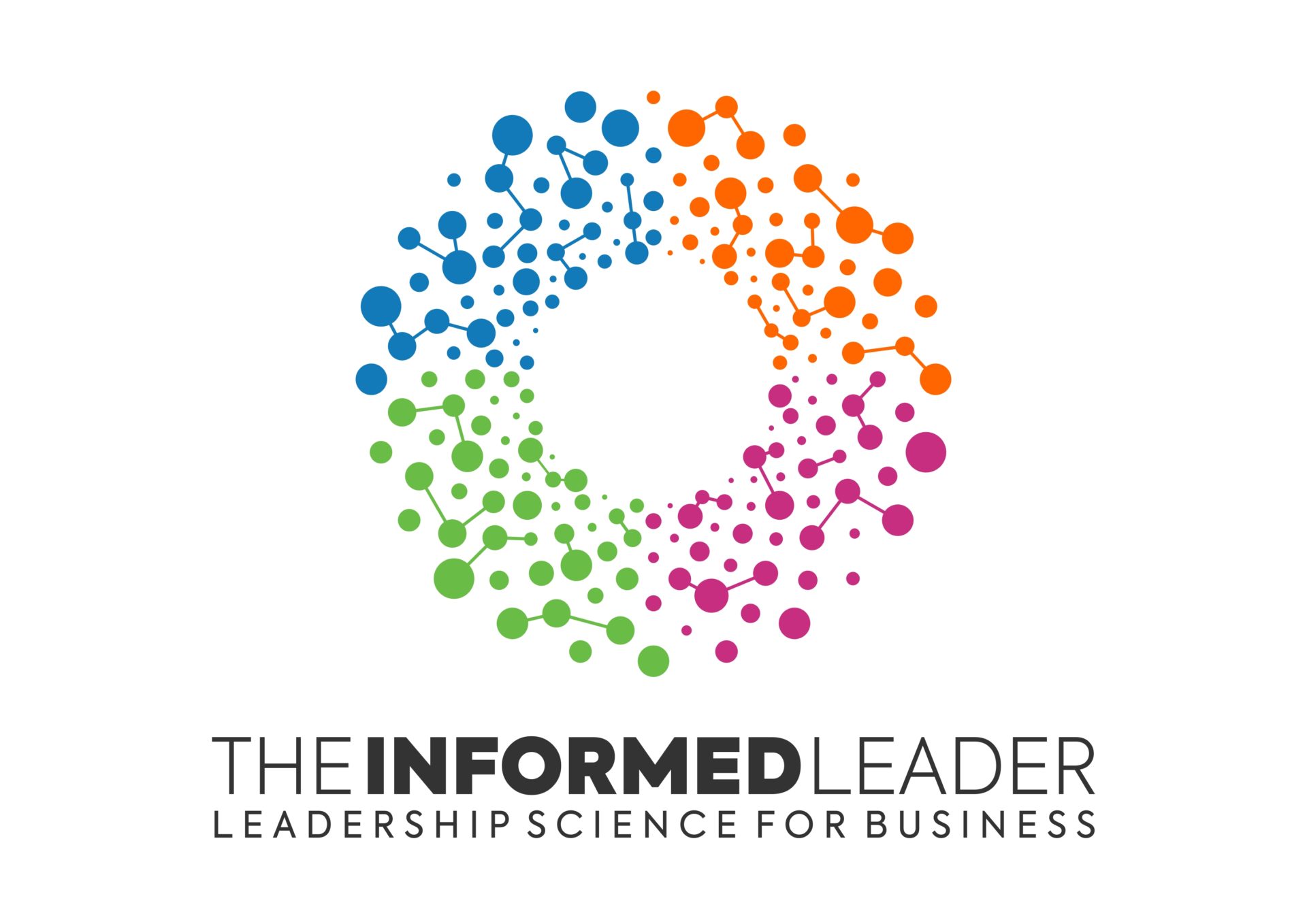Learned Helplessness
The theory of learned helplessness is based on experiments in which a group of unfortunate laboratory animals is repeatedly shocked with no ability to escape. A different group is given the same shocks, but there is a lever available that stops the pain. This is repeated until both groups are conditioned; that is, the group that can’t escape has stopped looking for a way out, and the group that can escape know exactly what to do as soon as the shocks start. At this point, a change is introduced.
This change is a new set of boxes. These boxes have two sides. One side delivers a shock, the other side is safe. The animals are initially placed on the shock side. When the shock is administered, the animals that previously had an escape lever quickly figure out how to jump over to the safe side. This is, clearly, the smart move. However, the animals that have learned that they cannot do anything about the shocks don’t move. They just lie there: twitching, unhappy, and hurting. Even when the newly introduced escape is shown to them, they won’t take it.
The takeaway used to be that if animals (including people animals, and presumably not including plants) are placed into a situation of stress, pain, anxiety, trauma, or some unholy combination of any of those, they will learn that they have no control. They will learn helplessness. Nothing they do matters. They can’t stop or change what is happening to them. The horrible thing is that they don’t associate that feeling with the situation they were in. It becomes their new reality, instilling a deep change that takes time and effort to correct.
Today’s iterations of this experiment, with modern insights into brain pathways and neurochemistry, have reversed that first conclusion. Apparently, our default state is one in which we have no control over our circumstances. This makes sense, considering that we all start as babies (categorically powerless). As we grow up, we learn how to act autonomously. We can make decisions on our own, extending our sphere of influence. This sense of control is empowering. This is where confidence comes from. But our default mode is helplessness, making it relatively easy for certain triggers to force a reversal of our adult development.
In conditions where people have no idea what to do, it is noticeable how aimless they seem. They freeze up. Put those same people in a position to use what they know, and they may be assertive or even arrogant. That’s learned. Helplessness, on the other hand, is instinctive.
An Injection of Growth Mindset
The fight against helplessness is an internal struggle that echoes continuously throughout our lives. Despite our best efforts, it is impossible ever to achieve total mastery over our lives. The current pandemic is demonstration enough. These kinds of pandemics are a regular, predictable occurrence, because viruses are constantly changing. We can and we will cure or eliminate them each time, but another is on its way, and it will be different enough to disrupt our lives all over again.
What this means is that preparing for specific outcomes is an exercise in futility. What can we learn from our challenges? That when that specific comes around again, we’ll be ready for it? This is equivalent to combating social awkwardness by getting really, really good at telling this one joke. This is not enough. We need general principles. We need skills which are broadly applicable.
What do we have real control over? Our mental state. Period. Full stop. We don’t have control over our bodies. Sickness takes that away out of nowhere. We don’t control the people around us, or the people around them, or the world, or the economy, or geopolitical circumstances, etc. etc.
Here are the general principles that can be thrown at any situation:
- I am adaptable
- I am resilient
- I can learn anything I need to
- I refuse to give up
If you are placed in a cage, and shocked repeatedly, and you can’t get out… well, that sucks. The way I see it, there are two conclusions you can draw from this (I know, binary thinking is generally unhelpful. We’ll indulge this once.)
First conclusion – “I have no control right now, so I will never have control again. It is all pointless. Why bother trying, ever.”
Second conclusion – “This situation is awful, but I know it will end eventually. I’m going to learn from this, and come out stronger.”
This is not about truth, or objectivity. Realism here is centered on your happiness. Which internal narrative best serves that long-term goal? Which results in the stronger person?
We will return to this point again and again. And each time, there will be the temptation to do nothing, and pretend that we are helpless. It is just practice, just habit. Reject that feeling, and choose to do whatever you can do.
